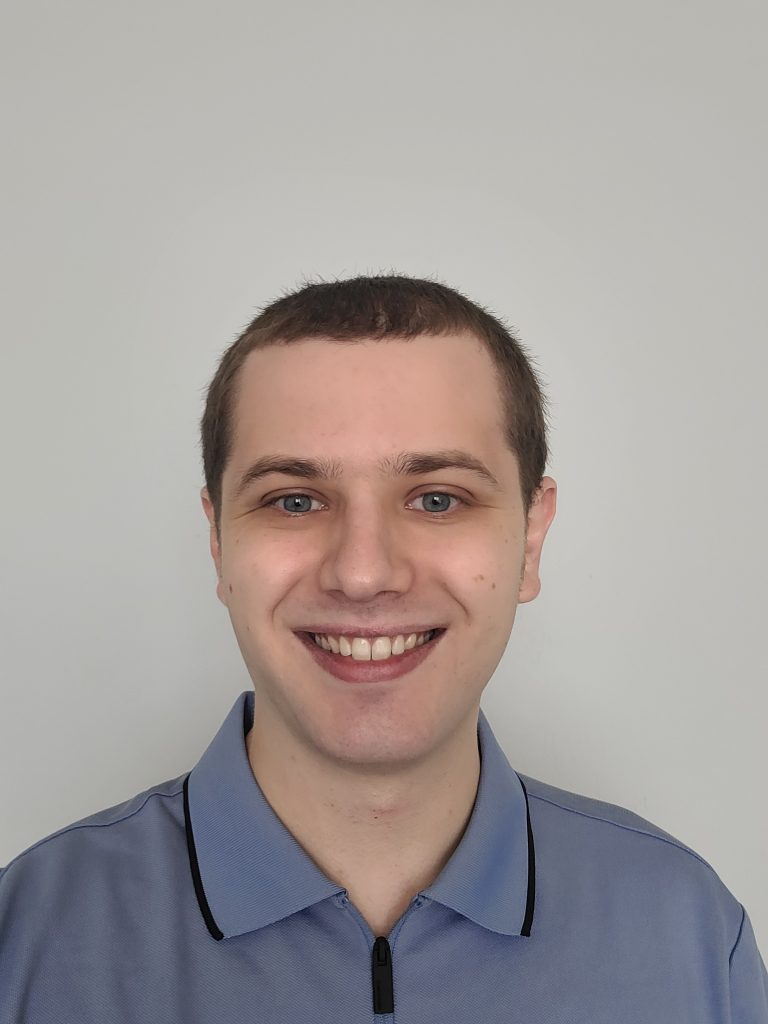NIH PREDOCTORAL TRAINING PROGRAM IN THE BIOLOGY
AND BIOTECHNOLOGY OF CELL AND GENE THERAPY
Cell and gene therapies have emerged as highly promising and potentially transformative
treatment modalities with the potential to benefit patients for years or even decades following
a single administration. This complex field has been rapidly expanding at all levels of research,
from basic elucidation of enabling biological mechanisms, to harnessing this knowledge to develop new
technologies, to industrial translation of those technologies towards therapies. The goal of this Biology
and Biotechnology of Cell and Gene Therapy training program is to provide supportive and diverse
interdisciplinary training opportunities in these rapidly evolving fields.
Program participants work at the interface of biology and engineering, preparing them
to be leaders in academia and industry. A three-month industrial internship
experience is a key facet of this program.
David Schaffer, PhD

Program Director
Hubbard Howe Jr. Distinguished Professor in Biochemical Engineering,
Director, California Institute for Quantitative Biosciences (QB3-Berkeley)
Dirk Hockemeyer, PhD
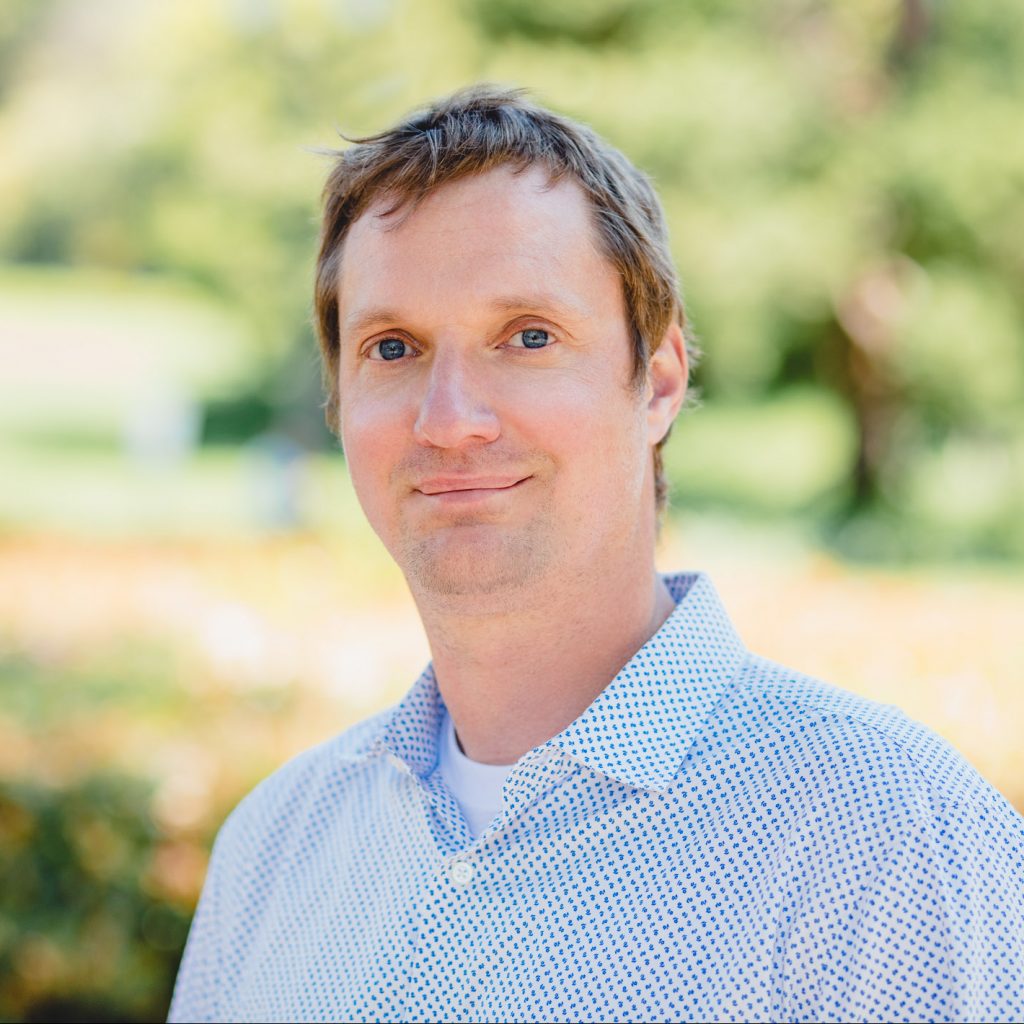
Program Co-Director
Associate Professor of Cell and Developmental Biology
Chan Zuckerberg Biohub Investigator
Director, Berkeley Stem Cell Center
2023-24 Biology and Biotechnology of Cell and Gene Therapy Fellows
Etchi Ako
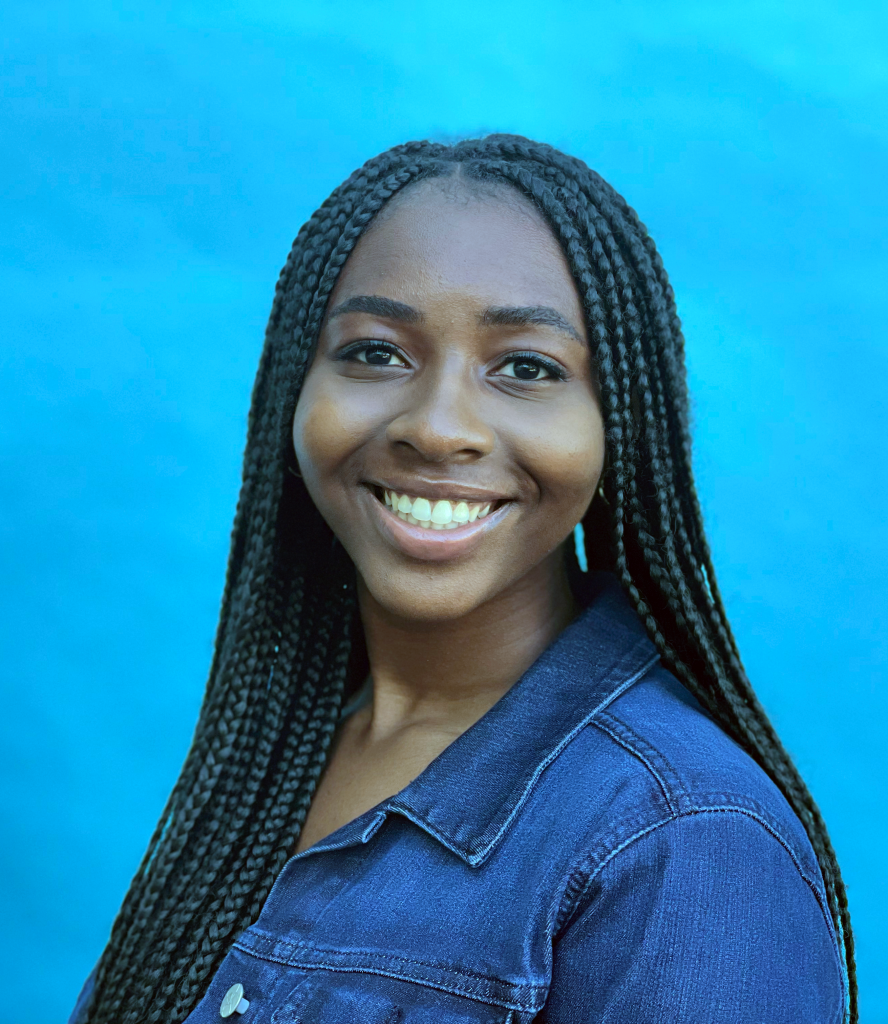
Many studies have reported that individuals with autism spectrum disorder (ASD) have deficits in their ability to sense motion. Motion detection is initiated in the retina, by a population of cells called direction-selective ganglion cells. We hypothesize that disruptions in the retinal circuitry contribute to the observed deficits in motion detection in ASD. The long term goal of my project is to investigate how genes associated with ASD impact the development of neural circuits. These experiments could potentially provide insight into the retinal basis of vision problems associated with ASD and provide an understanding of how the sensory periphery contributes to developmental deficits.
Lordean Gustinvil
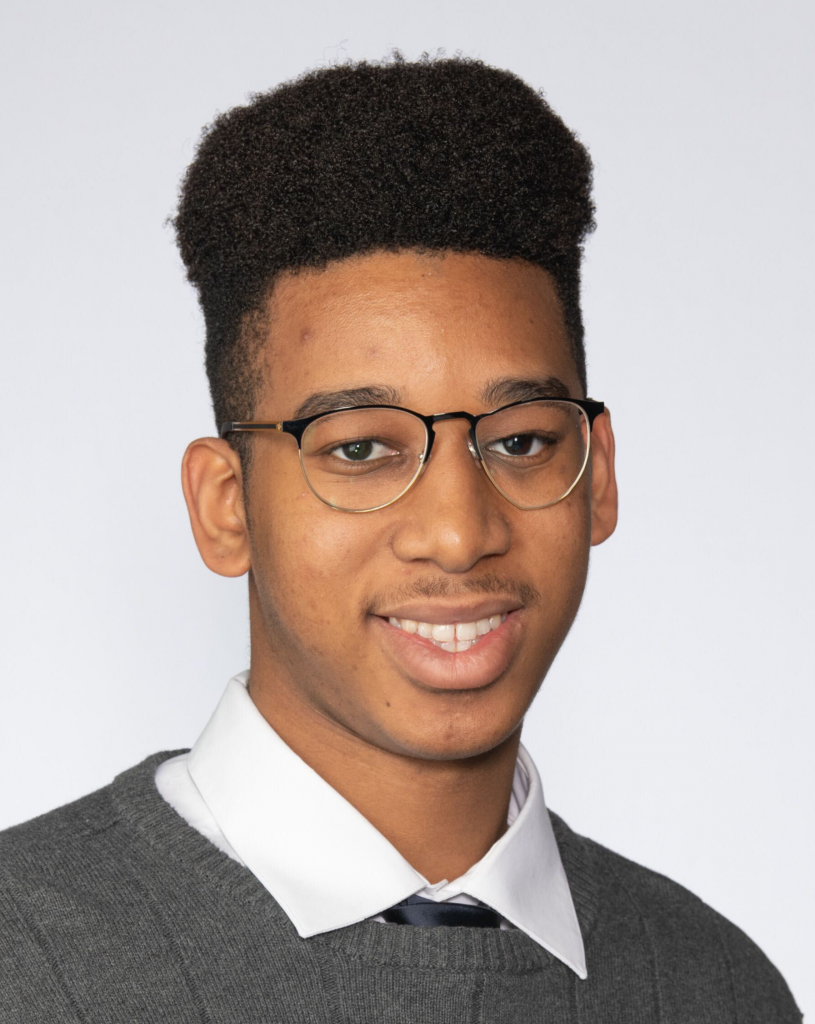
Pancreatic islet transplantation is one of the limited potential curative therapies available for patients with type 1 diabetes to achieve insulin independence. However, the major side effects caused by the lifelong systemic immunosuppression treatment necessary to prevent transplant rejection makes this therapy an unviable option for most patients. My work aims to engineer improved islets through the incorporation of immunomodulatory proteins. There are several instances in biology where nature has already designed mechanisms for cells and organisms to evade the human immune system, such as with human-host parasites or maternal-fetal tolerance. My work aims to then induce effective expression of select proteins that drive these natural mechanisms in pancreatic islets and stem cell derived beta cell aggregates through optimized multicellular mRNA LNP transfection strategies. This will enable the development of engineered immune-evasive pancreatic islets for transplantation.
Joey McKenna
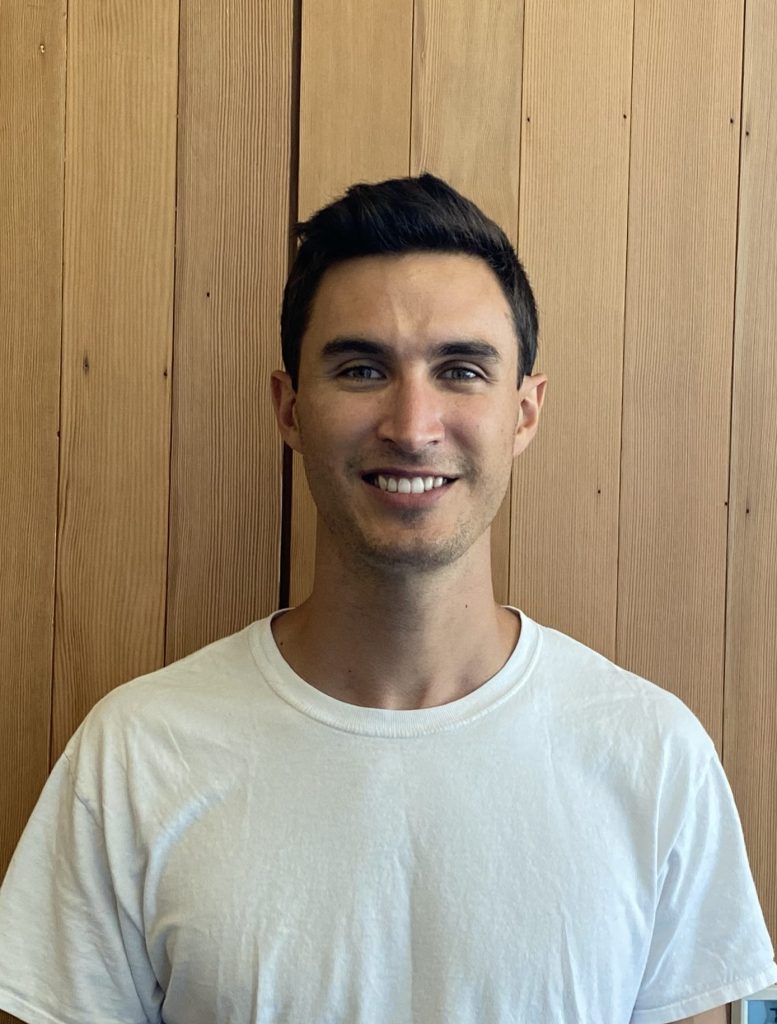
During human pregnancy, the placenta mediates nutrient, oxygen, and waste exchange between the mother and fetus. The placenta develops from fetal trophoblast stem cells, cytotrophoblasts, which differentiate and undergo membrane fusion to form a contiguous, multi-nucleated syncytium of syncytiotrophoblasts which secretes pregnancy hormones and constitutes the maternal-fetal barrier. Improper trophoblast differentiation can result in severe pregnancy-related diseases, including preeclampsia. Recent advances in genomics have enabled computational prediction of gene regulatory networks driving cellular differentiation, but experimental validation of these networks is still lacking. Using a cellular model of placental differentiation, I will run a high-content imaging-based CRISPR-screen for genes required for proper cytotrophoblast differentiation into syncytiotrophoblasts. I will then investigate 3D genome folding and enhancers regulating top candidate genes using genomics and CRISPR approaches to characterize molecular events controlling cytotrophoblast differentiation. This research will progress our understanding of placental development and may direct scientists toward therapeutic avenues for preeclampsia.
Alan Nisanov
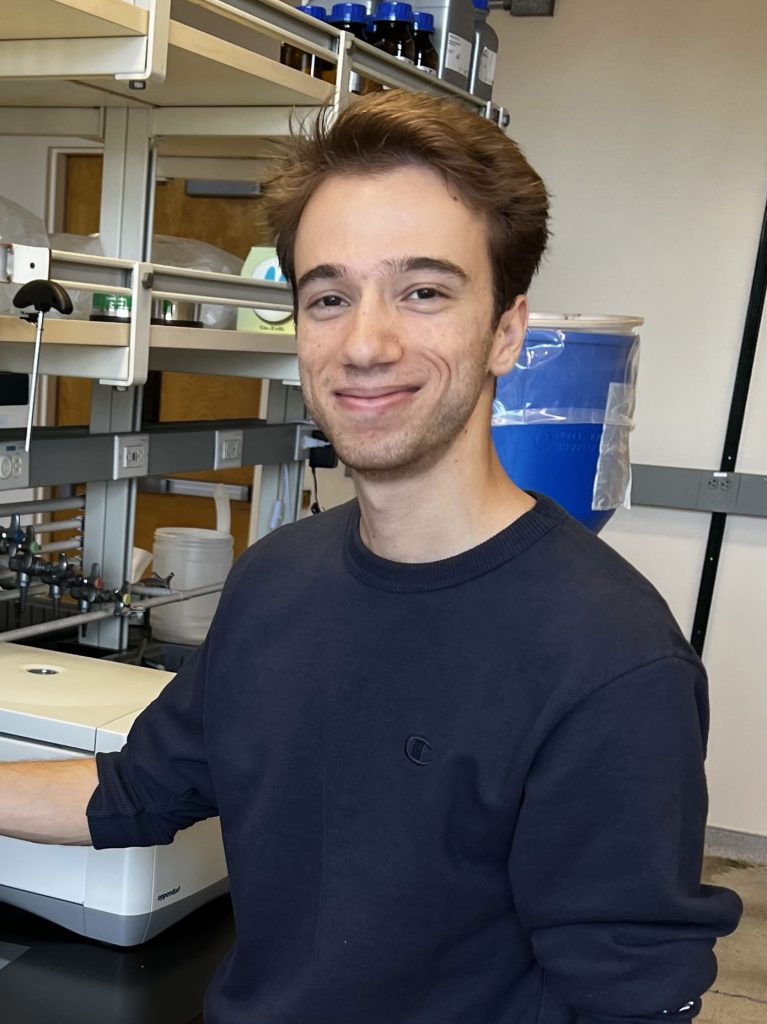
Astrocytes, recognized by their distinct star-shaped form, are a type of glial cell found in the brain and spinal cord. These cells play pivotal roles in the central nervous system, such as maintaining homeostasis, ensuring the integrity of the blood-brain barrier, and modulating synaptic activity. Notably, when astrocytes malfunction, they can significantly contribute to neurodegeneration leading to neurological conditions and diseases. One promising therapeutic approach is the genetic manipulation of these dysfunctional astrocytes, however, current gene delivery methods present challenges such as low transduction efficiencies and inadequate specificity. My work aims to engineer adeno-associated virus variants tailored to target and efficiently express in astrocytes. Successful implementation of this approach could revolutionize treatments for neurodegenerative diseases, paving the way for more targeted and effective therapies.
Sydney Oraskovich
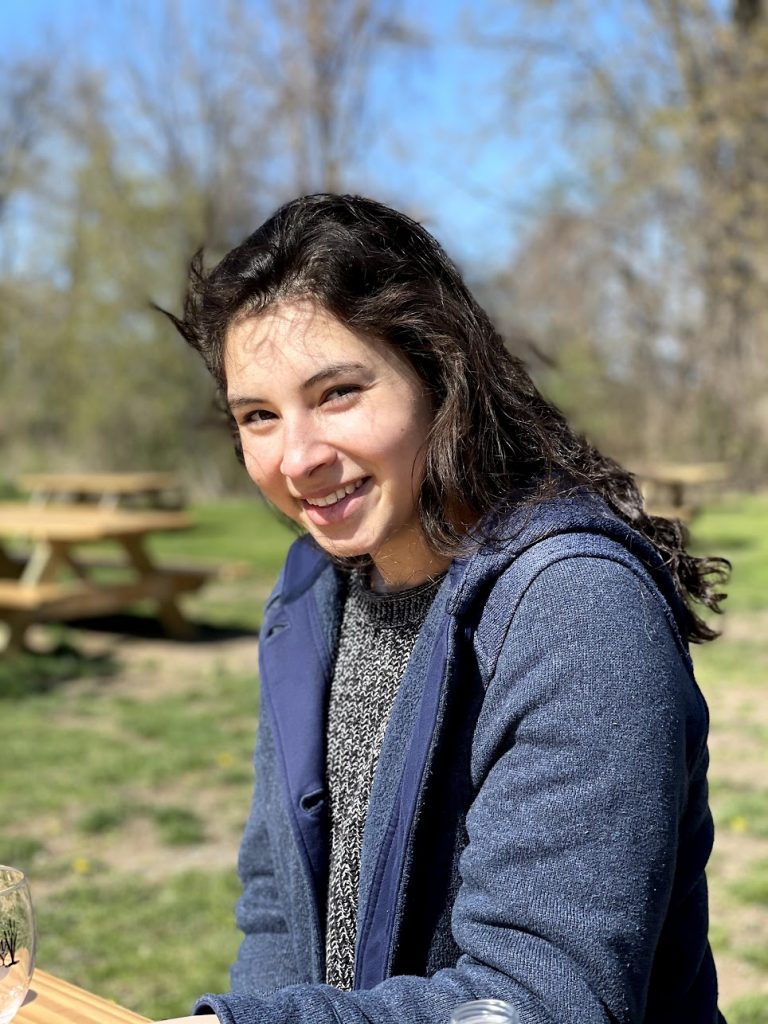
As resident macrophages of the CNS, microglia constitute 5-12% of cells in the adult brain and are known to play active roles in neurogenesis, synaptogenesis, phagocytosis, and pathogen recognition. However, under conditions of pathology or metabolic stress, microglia can become over-activated and release reactive oxygen species that contribute to neurotoxicity, and, consequently, the pathological progression of numerous neurological conditions and diseases. While proof of concept genetic manipulation of over-activated microglial populations shows significant therapeutic promise, the development of gene delivery vehicles with tropism for microglia remains elusive. My work aims to develop short, synthetic microglia-specific promoters that will be packaged into adeno associated viruses (AAV) to enhance specificity to microglia. It is our hope that these tools will advance our ability to treat numerous human diseases with gene therapies, as well as build upon a technique that can be broadly applied to different cellular targets.
Jessica Ortiz
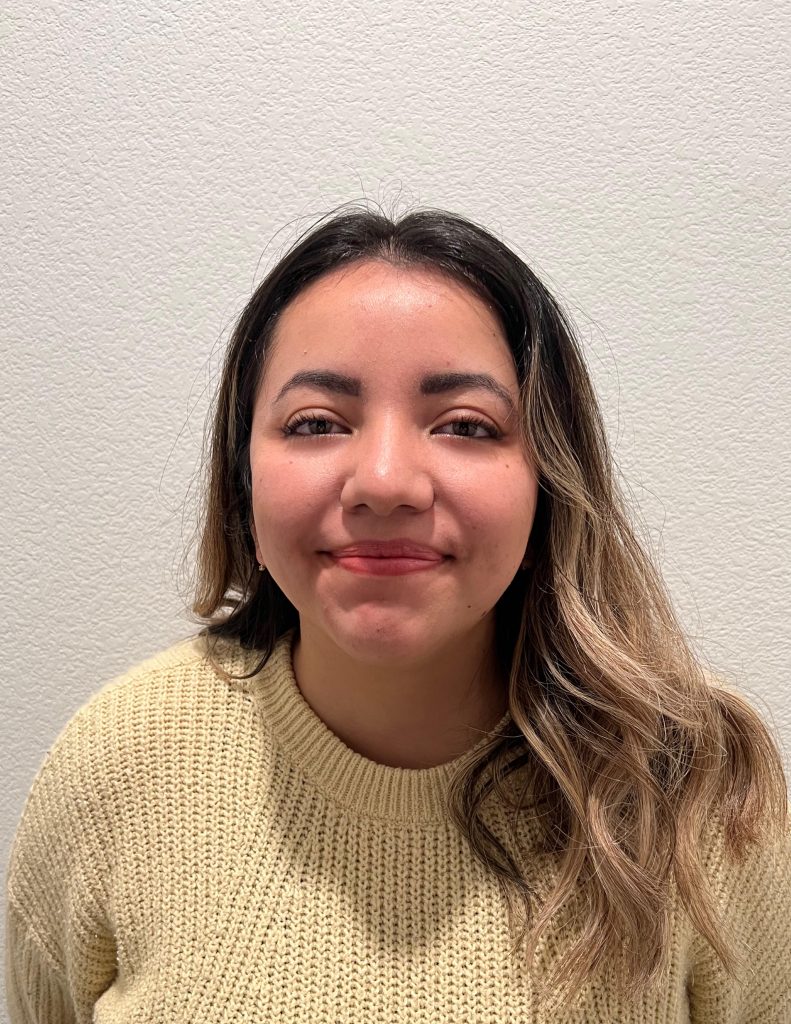
Because of their immunosuppressive capacities, mesenchymal stem cells (MSCs) hold a particular interest for their potential in the treatment of immune-related diseases such as cancer. Many studies have demonstrated the immunomodulatory properties of MSCs, including the ability to suppress a wide range of innate and adaptive immune cells such as macrophages and natural killer cells. The mechanism by which MSCs modulate immune cells, however, still remains unknown. My research focuses on investigating in vitro the factors that govern the immunosuppressive effects of MSCs. Specifically, I will study the intercommunications among MSCs and immune cells, which may ultimately provide valuable insight into the development of new therapies for immune related diseases.
Yvonne Rong
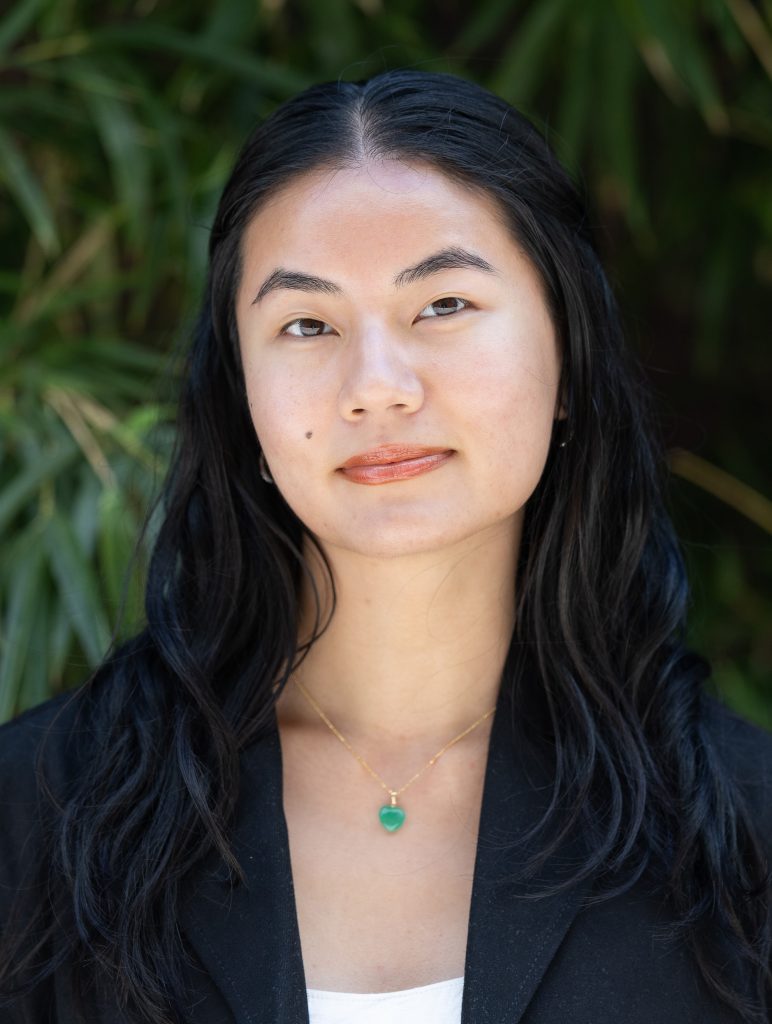
Individuals affected by severe combined immunodeficiency (SCID) fail to develop T cells and consequently lack a functional adaptive immune response, rendering them highly susceptible to serious infections. The discovery of unknown genes or mutations that could cause SCID would help expand the therapeutic approaches and improve genetic diagnoses. I am conducting a CRISPR knock-out screen in hematopoietic stem cells using guide RNA lentiviral infection with Cas9 protein electroporation. The lab has also developed single nucleotide variant CRISPR knock-in screens in human T cells to predict pathologic mutations in one exon of IL2RG, a gene known to cause X-linked SCID when mutated, and I will extend this approach to the remaining exons.In conjunction with identifying gene editing targets, I will investigate and determine the best CRISPR editing approach for exon repair starting with IL2RG. This research aims to address key barriers to diagnosing and treating SCID through the prediction of disease-causing mutations and high-efficiency mutation correction for gene-edited cell therapy.
Anna Weldy
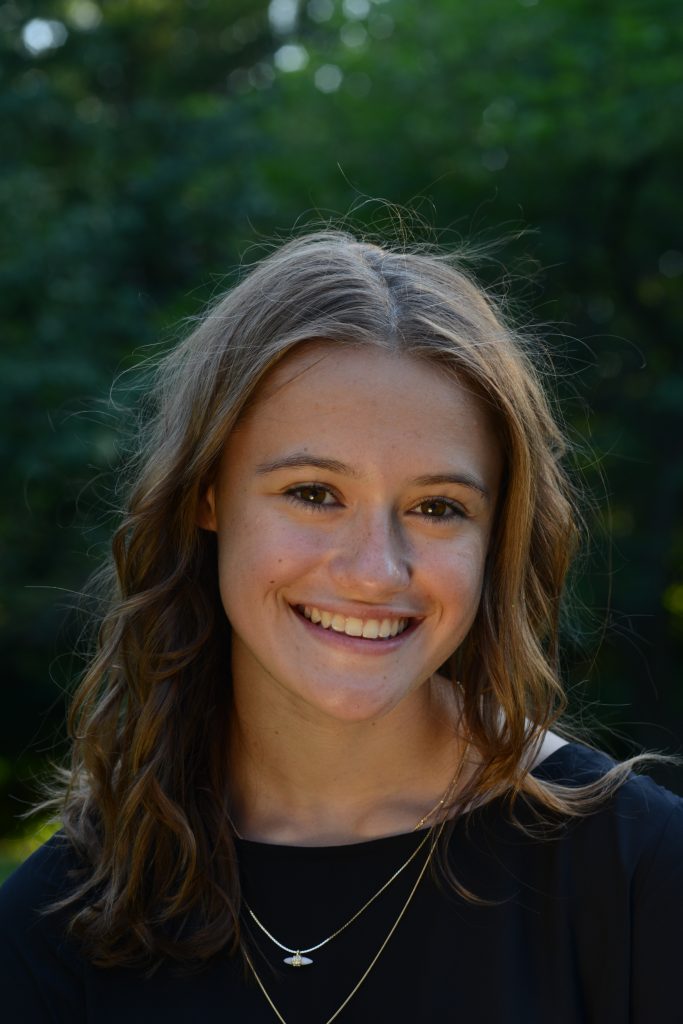
Glioblastoma (GBM) is the most common and aggressive form of primary brain cancer. Its rapid progression and lethality are due to its aggressive, invasive nature. Glioma stem cells (GSCs) and their progeny contribute to GBM recurrence due to their ability to repopulate parent tumors, seed secondary tumors, and create heterogeneous, invasive populations that evade treatment. While the signaling pathways responsible for GSC self-renewal and therapeutic resistance have been well explored, considerably less is known about GSC cell-matrix interactions and how they facilitate GSC invasion away from the tumor periphery and into healthy brain tissue. My research focuses on understanding how GSCs enzymatically digest and remodel the brain matrix to promote invasion away from the tumor.
Biology and Biotechnology of Cell and Gene Therapy Training Program Alumni
Jesse Dunnack

Stephanie Eberly

Hannah Karp
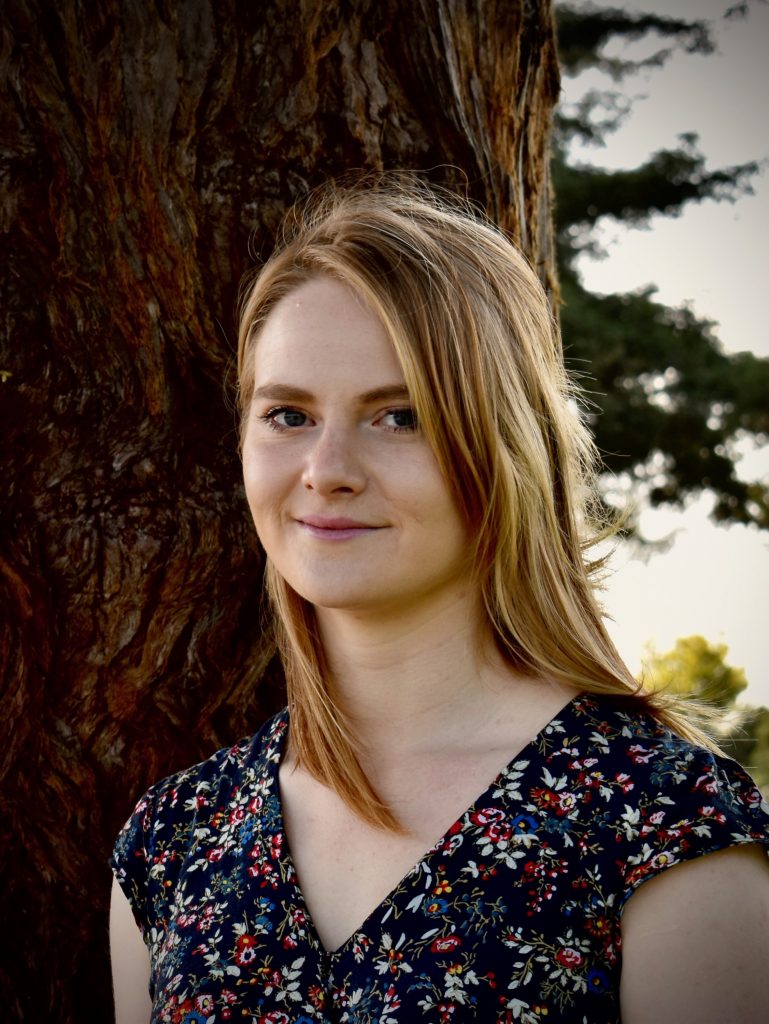
Nicholas Perry

Nancy
Hernandez Villegas
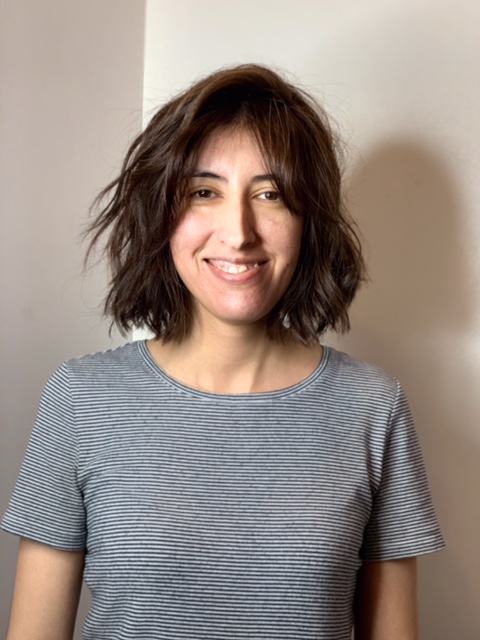
Shayan
Hosseinzadeh
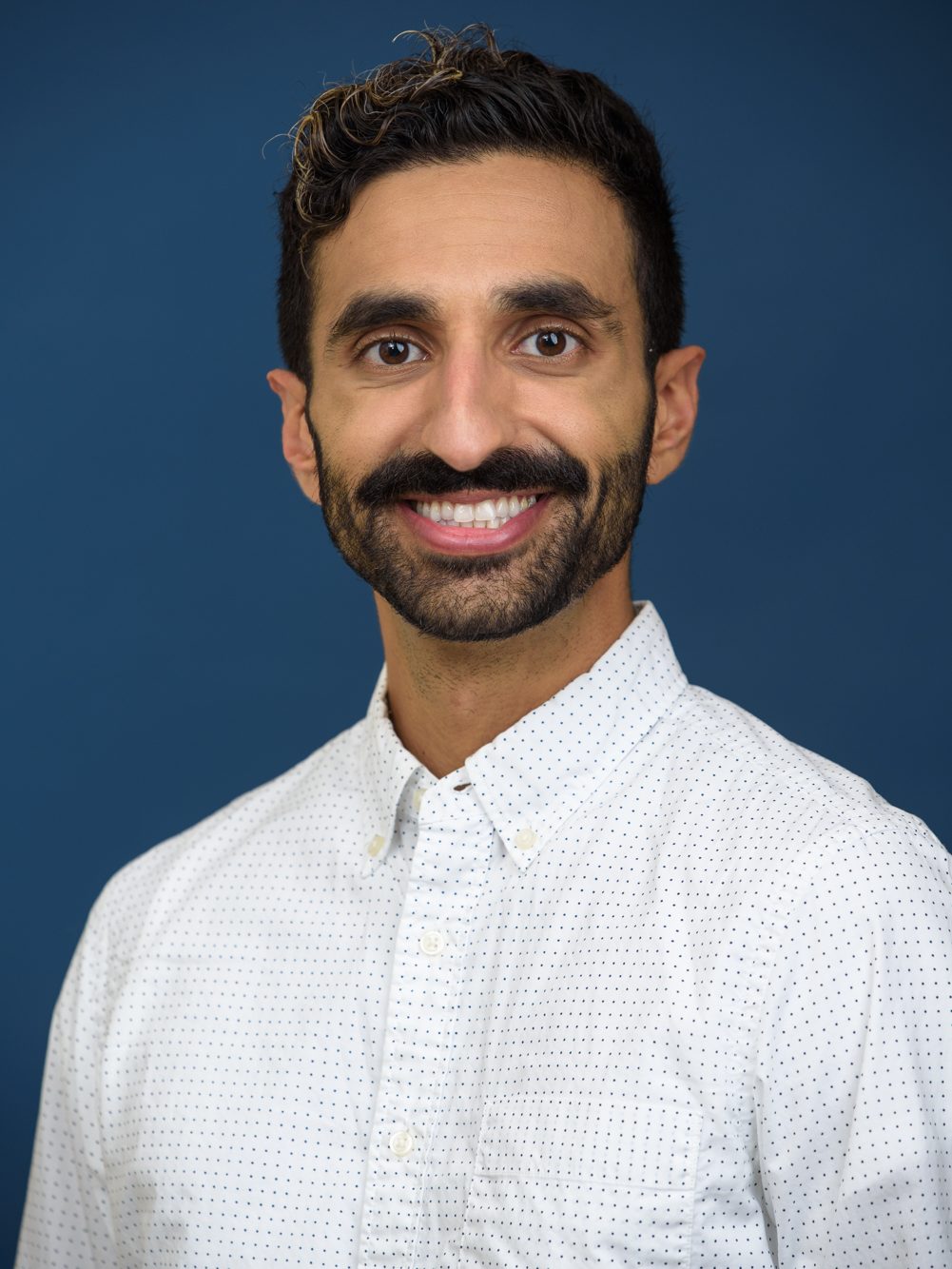
Alexander
Ehrenberg

Matthew
Rosenwasser
